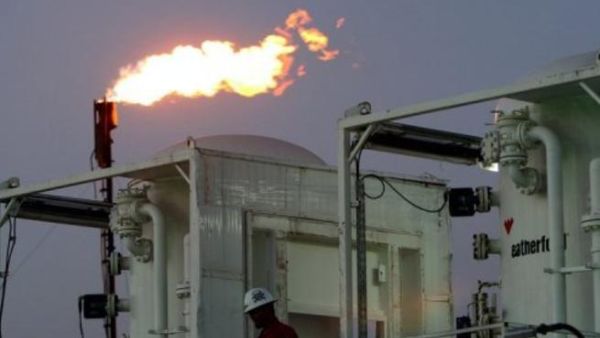An Iraqi Kurdish official said on Tuesday that the country’s self-ruled northern Kurdish region has suspended oil exports over a payment row with Baghdad, a development that could add to already souring relations between the Kurds and the Arab-led central government.
Since the 2003 US-led invasion, the Kurds have unilaterally struck more than 50 deals with foreign oil companies, even though Baghdad says they have no right to do so. In 2011, the two sides reached a tentative deal by which the Kurds send the oil to Baghdad, which sells it, and pays 50 per cent of the revenues to the developers to reimburse the development costs.
Four months later, the Kurds agreed to restart exports as a goodwill gesture. That allowed the two sides to reach a new agreement under which Baghdad would pay one trillion Iraqi dinars (about $848 million) to the companies in September.
However, Ali Hussein Balo, the advisor of the Kurdish Ministry of Natural Resources, said Baghdad sent only 650 billion Iraqi dinars (about $550 million) and withheld the rest. That prompted the Kurds’ latest move.
Separately, Iraq and neighbouring Jordan have agreed to speed efforts to build a pipeline to export Iraqi oil through the Jordanian Red Sea port of Aqaba, according to Jordan’s Petra news agency.
The deal calls for an oil pipeline that would have a capacity to export one million barrels a day, Petra reported.








